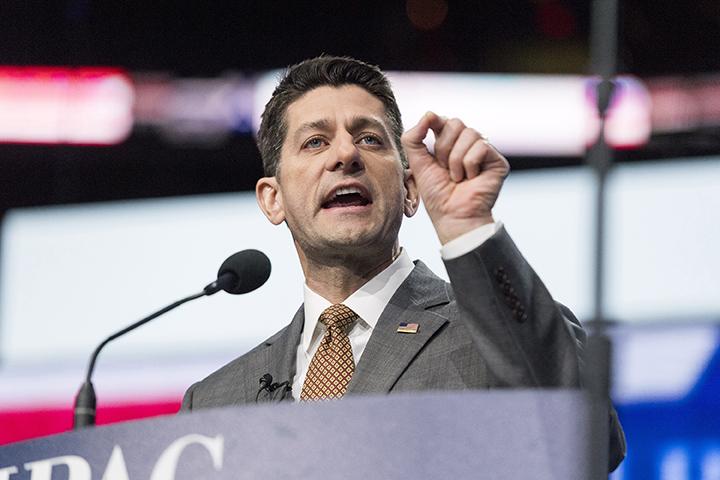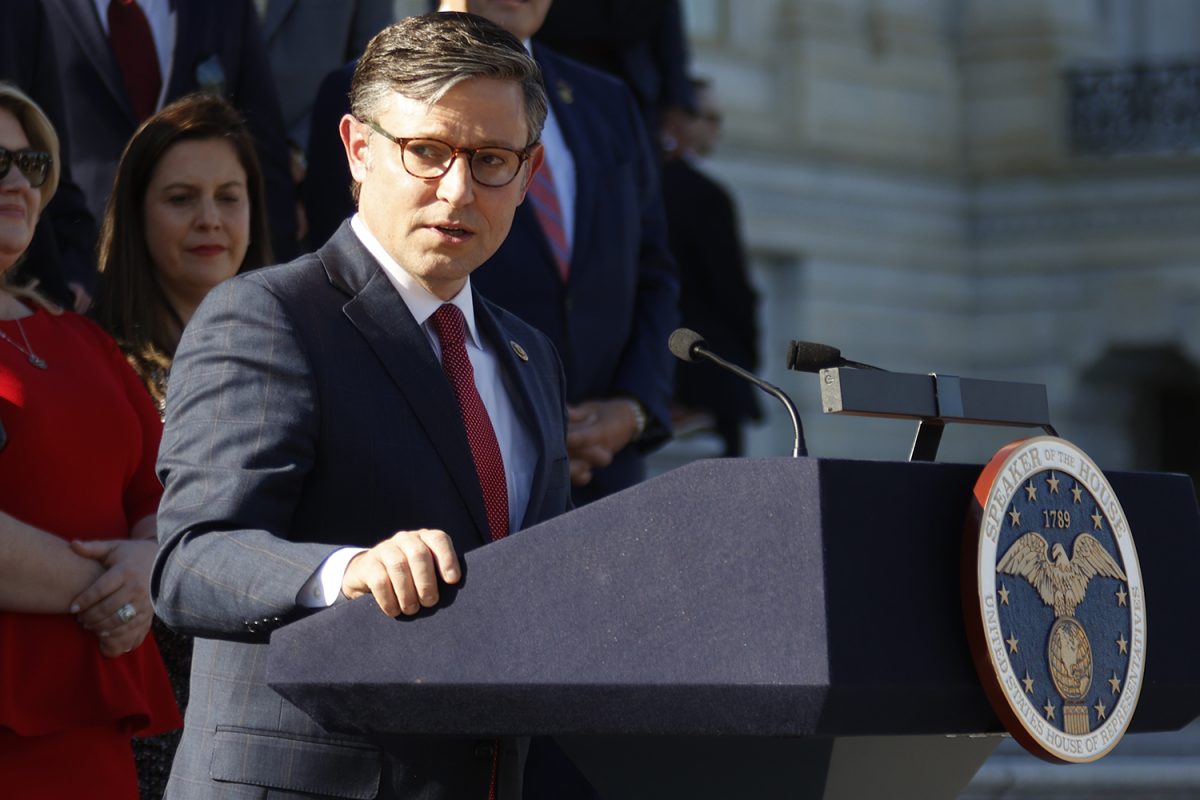CQ-Roll Call (TNS)
WASHINGTON -Despite years of calling for reducing the federal debt, House Republicans are voting Thursday on a budget that doesn’t balance and that calls for adding $1.5 trillion to the deficit to finance a tax overhaul. And most of them are fine with that.
Why? Primarily because the fiscal 2018 budget resolution is the vehicle needed to set up the fast-track process for rewriting the tax code and not letting Senate Democrats filibuster the bill. But Republicans say they plan to use that same budget reconciliation process again next year to start chipping away at the deficit.
Roll Call interviewed half a dozen House Budget Committee members, as well as a few other fiscal hawks in the GOP conference, and they all said they anticipate mandatory spending cuts being a priority for the fiscal 2019 budget reconciliation process.
The Senate rejected the target of $203 billion in mandatory savings the House attempted to include in its own budget resolution. House Republicans are expected to accept the Senate’s show of force — many acknowledge they got rolled — and pass the budget Thursday.
That’s based on promises that the tax overhaul will get done this year and deficit reduction will follow in 2018.
“There is going to be, by the acknowledgement of our leadership, some real attention on that next year,” House Budget Chairwoman Diane Black said.
While many lawmakers felt that trying to overhaul the tax code and curb spending on entitlement programs was too much to handle at once, Black and House budget writers pushed for the mandatory savings reconciliation instruction to be included over objections from leadership and authorizing committee chairmen.
RELATED: Former Congressman says GOP no longer dedicated to small government
It took months of negotiating to reach the $203 billion target and for the panel to finally report out a budget in July. It then took more than two months to whip up the needed votes to pass the measure on the floor.
All that work just to have the House ultimately swallow the Senate’s budget has clearly frustrated members, but they say they’re not letting that deter their plans to use future budgets and the reconciliation process to cut mandatory spending like they had hoped to do this year.
“We dream those big dreams here,” Budget member Rob Woodall said. “I’ll take half of that dream in tax reform, and then I’ll come back next spring for the other half.”
The Georgia Republican could be the one deciding what to include in the next round of reconciliation instructions. Black is expected to relinquish the gavel after the tax overhaul effort is complete to focus on her run for Tennessee governor, and Woodall is among the members interested in replacing her.
Using the reconciliation process to create an “authorizing system” for the fiscal policies Republicans outline in their budgets _ which are largely messaging documents outside of the setting of spending levels for the fiscal year and the occasional use of reconciliation will be a priority for Woodall if he’s elected chairman.










